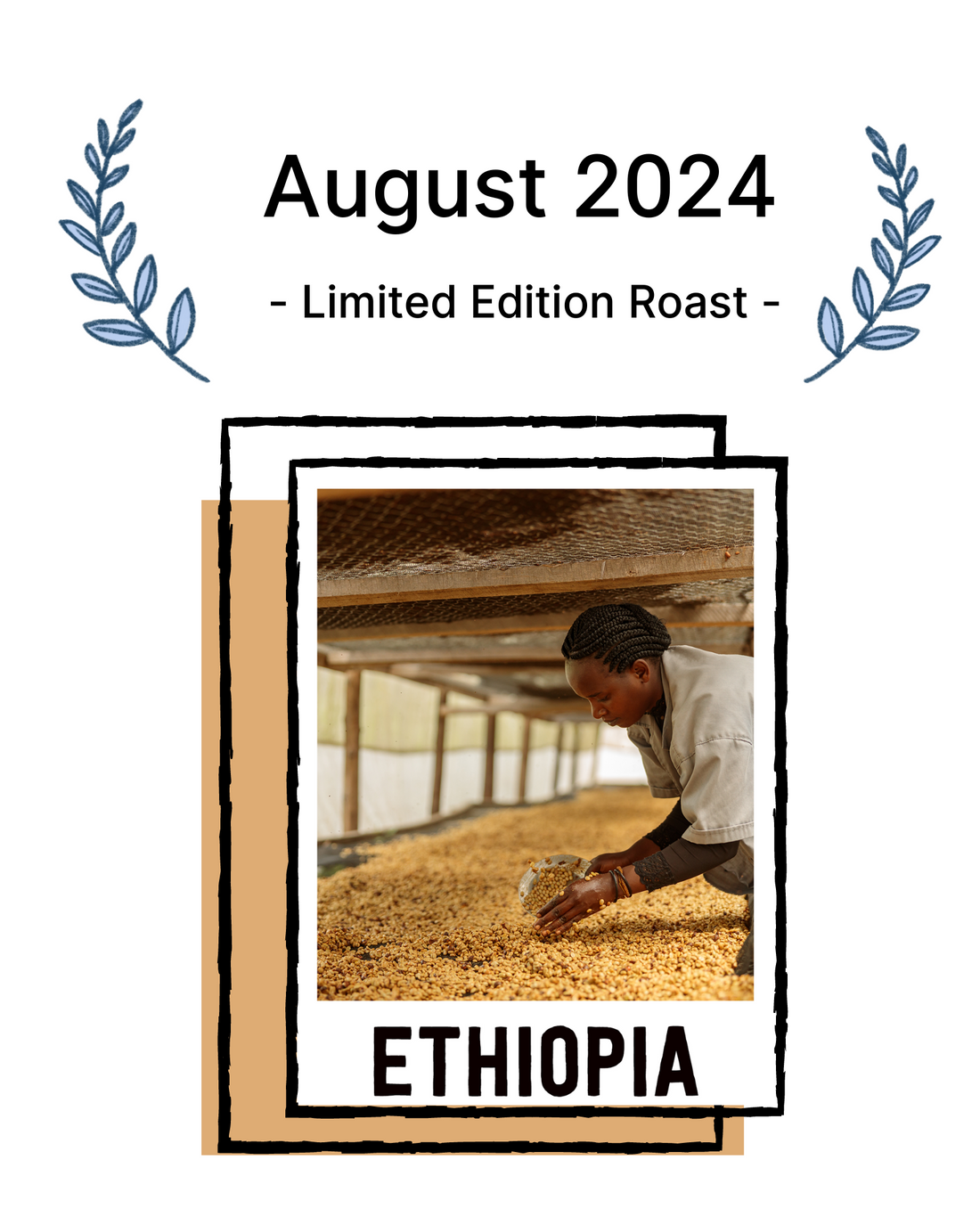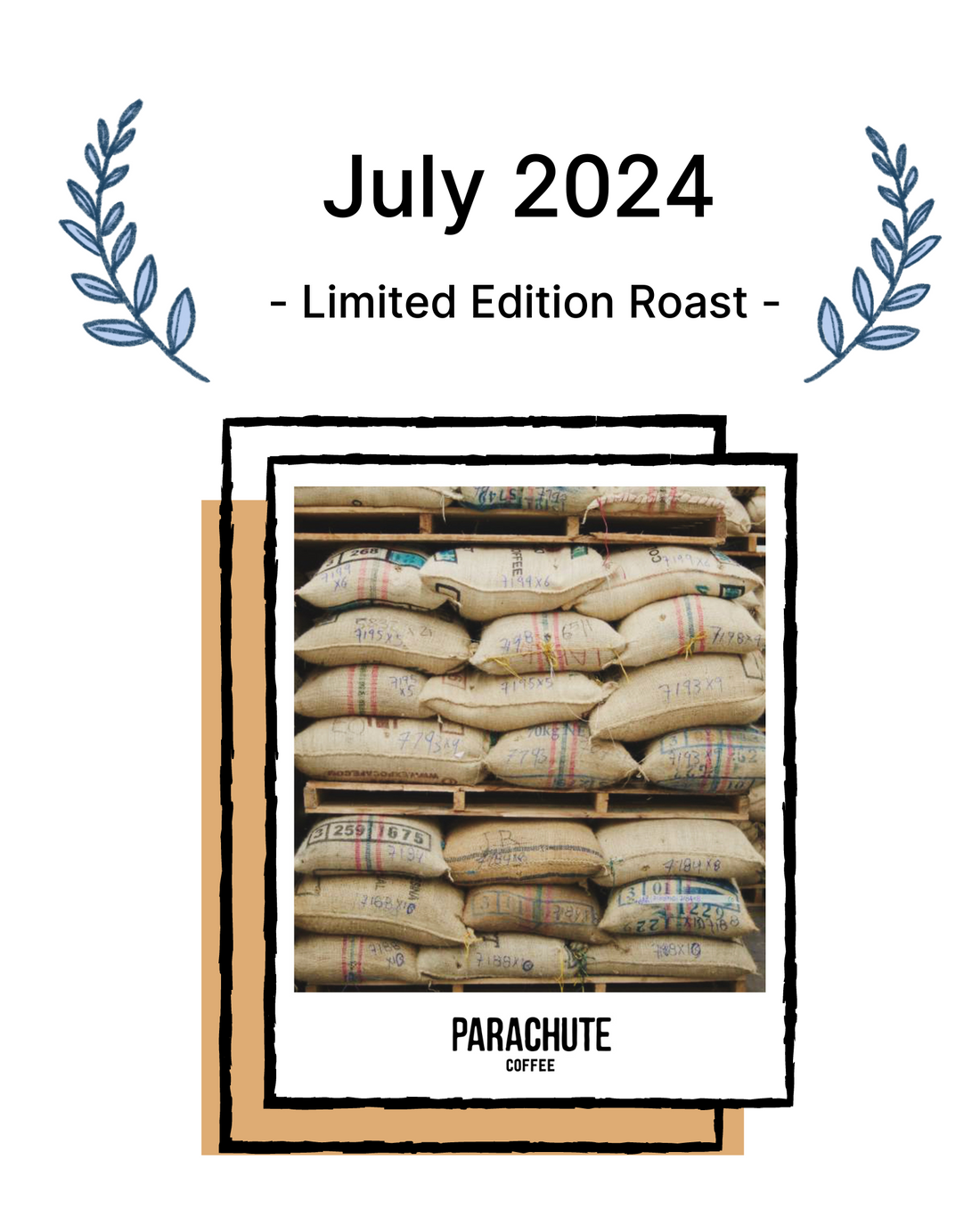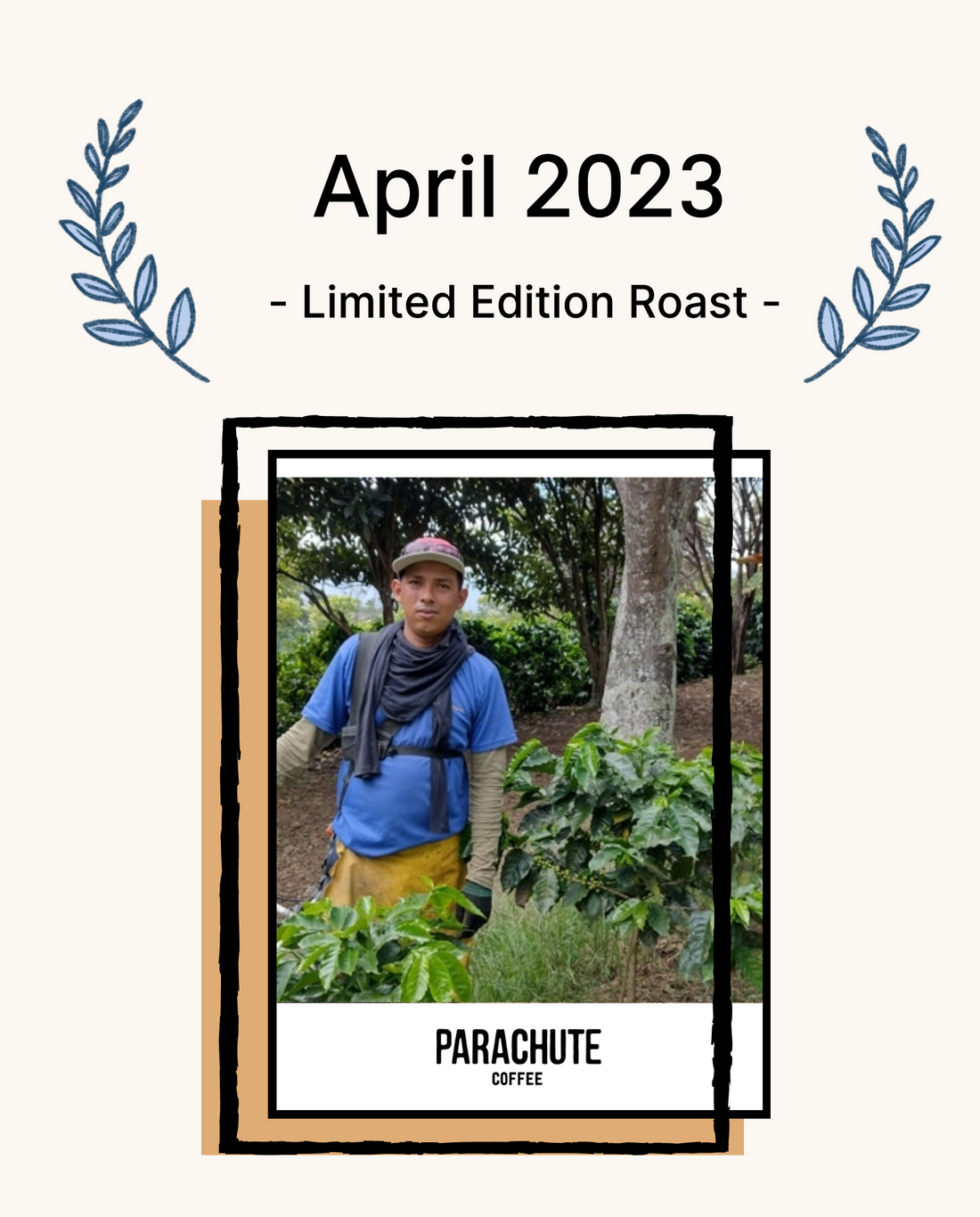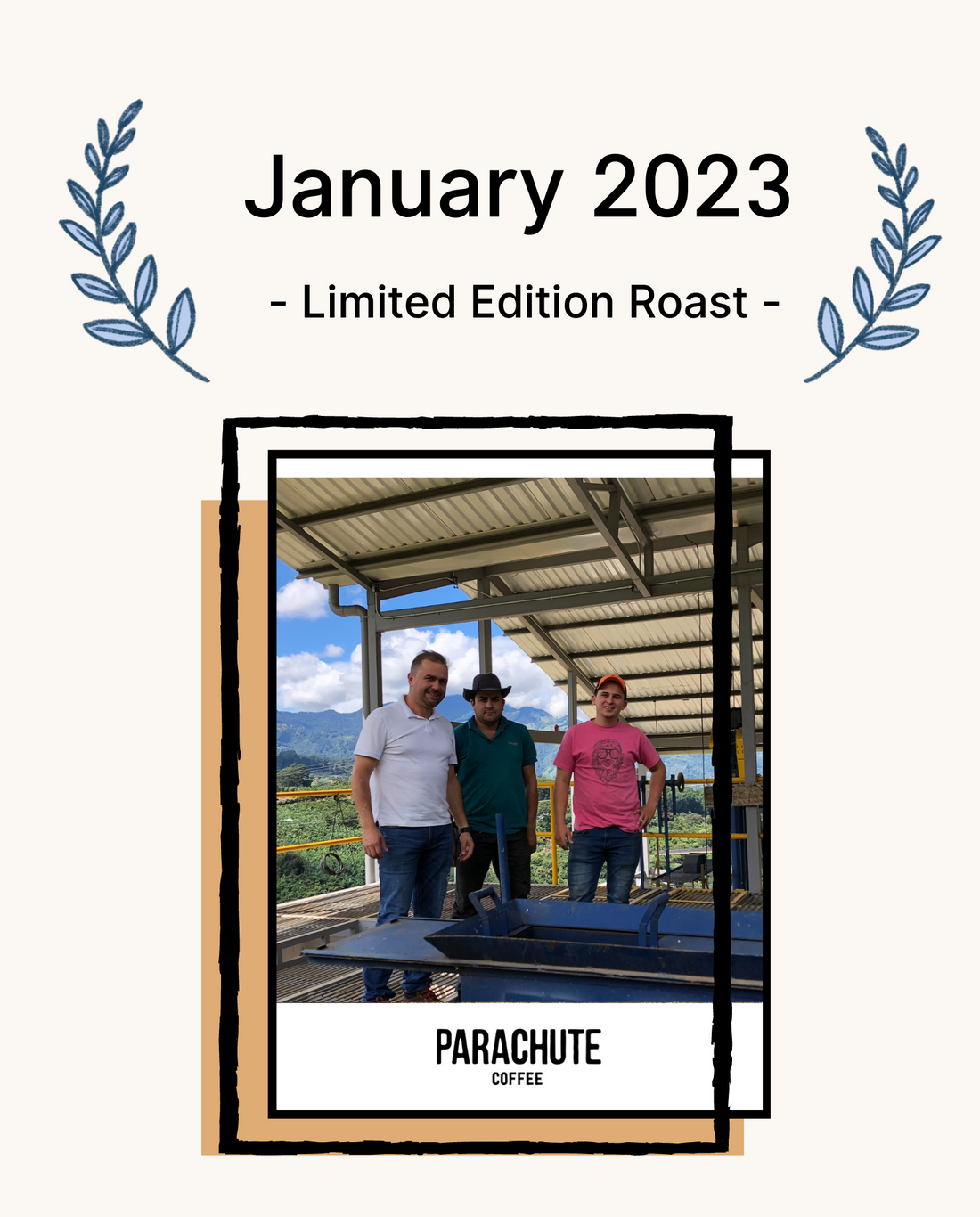
Past Roasts
November 2024 | Honduras El Cielito
October 2024 | Guatemala Quiche
September 2024 | Colombia Nariño
August 2024
July 2024 Limited Edition Roast
June 2024 Limited Edition Roast
June 2023 Limited Edition Roast
May 2023 Limited Edition Roast
April 2023 Limited Edition Roast
March 2023 Limited Edition Roast
February 2023 Limited Edition Roast
January 2023 Limited Edition Roast













